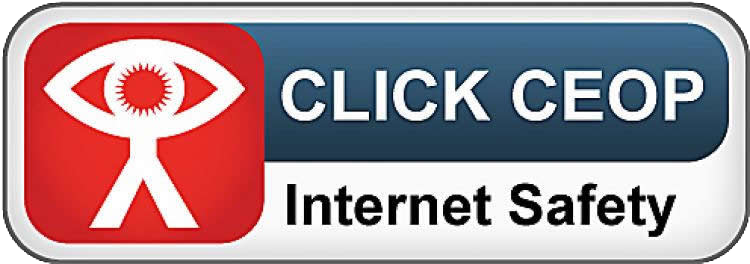If someone is hurting you, doing things to you against your will or being mean to you, tell someone: your parents, your friends, trusted teachers or other staff at school. You should also tell someone if you’re worried about someone else (another child you know, or even an adult).
At Scholes (Elmet) Primary, the staff with special training to help you to be safe are Miss Hague, Mr Catherall, Miss Pallister, Mrs Goodwin and Mrs Beesley. You can email for help or advice: stayingsafe@spherefederation.org
You don’t have to speak to those members of staff – any adult in school will be able to help you.
If you don’t want to speak to someone in school, there are other ways to help. You could try calling Childline or click on the link here. (Their website is full of useful advice about friendships, stress and anxiety, and loads of other useful stuff.)
If you’re being bullied online, or if you have any concerns about things on the internet, speak to a trusted adult, call the police or use this link:
The YoungMinds crisis messenger service provides free, 24/7 crisis support across the UK. If you’re experiencing a mental health crisis and need support, you can text YM to 85258.
When we’re talking about bullying, don’t forget what STOP means in our school:
- the definition: Several Times On Purpose
- the solution: Start Telling Other People
Finally, there’s an independent helpline for people who have experienced sexual abuse in a school or other educational setting: 0800 136 663. You can also email: help@nspcc.org.uk. The helpline provides both children and adults who have experienced sexual abuse in schools with support and advice, including onward action such as contacting the police if they wish to. The helpline also provides support to parents and professionals. Anyone who gets in touch through this dedicated helpline will also be signposted to other relevant support services available, including Childline, which provides ongoing support and counselling to children and young people.

